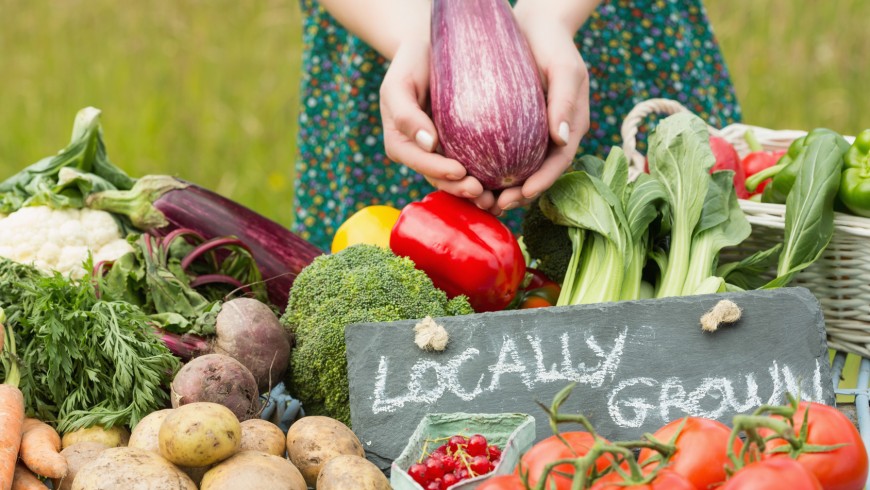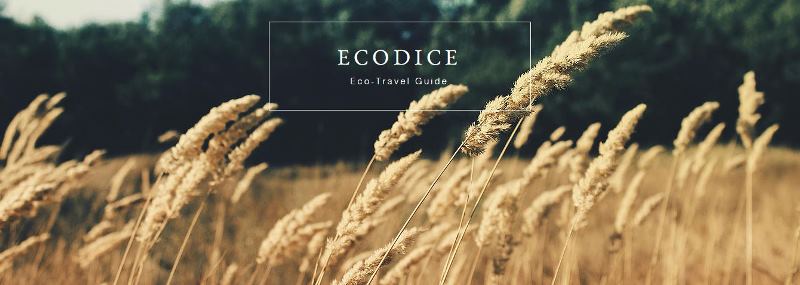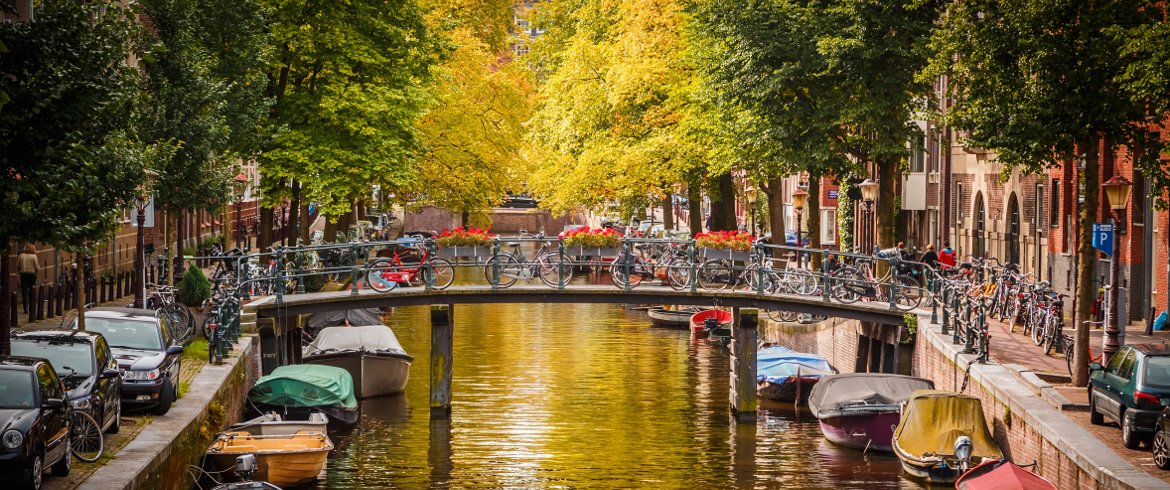Holland is a small country, so the Dutch bought most of our food abroad for centuries. As in the wet grounds, Holland has to offer only potatoes, corn and beetroots to grow easily. For this Holland went overseas to buy fruits, vegetables and much more. But what means a green living for the Dutch people?
Later during the 20th century, problems of pesticides began to show. Therefor Organic food and local farmers markets seems to hit a trend in Holland! Food organisations like Fairtrade, Solidaridad and textiles organisations like Fair-Wear-Foundation were founded in the Netherlands. Being aware about People Planet Profit is in our DNA and Stimulated by the Dutch government. Big cities like Amsterdam, The Hague (Laya) and Rotterdam are doing their best to integrate sustainability in innovative projects. Shops and hotels let green living be a part of society. Like in Amsterdam, many entrepreneurs and retailers start up their own sustainable labels, Organic farmer-markets or Organic restaurants! Event how Holland has no exotic fruits and had to go abroad for it, the Dutch understand more and more that creating and producing locally is the best change for Holland to survive in the world we live in today.
It’s all about being aware of what our economy is doing to our planet and what we are doing to ourselves. To support the bio-system we save this planet for our grandchildren, so why not doing our bests for it? Green living is not very difficult, you just need a simple guideline to understand why you have to separate plastic from other waste or why to use ecological-cleaning liquids. So start with some mindfulness. In Holland the people are rushing throughout the day, therefor we love to find some rest in mindfulness! Let your life be clear and take a step back from stress. This creates more time for integrating your green living.

Then start in your own home. Be aware what you buy through reading and understanding the labels on products. Buy Organic food, ecological-cleaning liquids, Organic toilet paper or recycle stuff from your attic or basement! And don’t forget to switch off the heating and lights while leaving your home.
If this is easy, you may take it to the next step. Separating waste: Plastic, carton, garden-waste and residual waste are the four most occurring kinds. While washing, use the eco-button to save energy on your machine and always switch off your electronic devices. Sounds simple right? Try to manage this for a month before it becomes a standard.
After a month I think you will be ready for some more green living experience. Like to switch to a green energy provider or like doing groceries at a local & Organic farmers market. Both are not to be more expensive if you take a smart look at it.
At the local market in Amsterdam I can buy 2 full bags of vegetables and fruits for €10 euro! In the supermarket I shall pay €25 for the same amount of products. Now I have fresh Organic groceries what even tastes better! Why? The meaning of Organic is that there are no pesticides are allowed to spray on the products. Only ecological ones, what stays on the surface of the fruit instead of pervades into the fruit. Note: no chemicals are entering your body with Organic food!
Besides groceries and energy, Holland is currently also a pioneer as it comes to Organic clothing! It’s getting more attention by fairs like Mint at Amsterdam Modefabriek. Unfortunately sustainable travel is not so trending yet. In Holland there is now 1 green hotel with a Green-Key award! The hotel industry is providing its eco-awareness by asking to use the towels twice or using Organic soaps. but the question by visitors is still mellow. To create more awareness with consumers about eco-travelling, is a job what asks for cooperation between more parties, where Ecodice finds it responsibility, just like Ecobnb!
For now, we take it slow and take one thing at a time to create your own green living! By changing your own attitude you will become an example for your environment.

